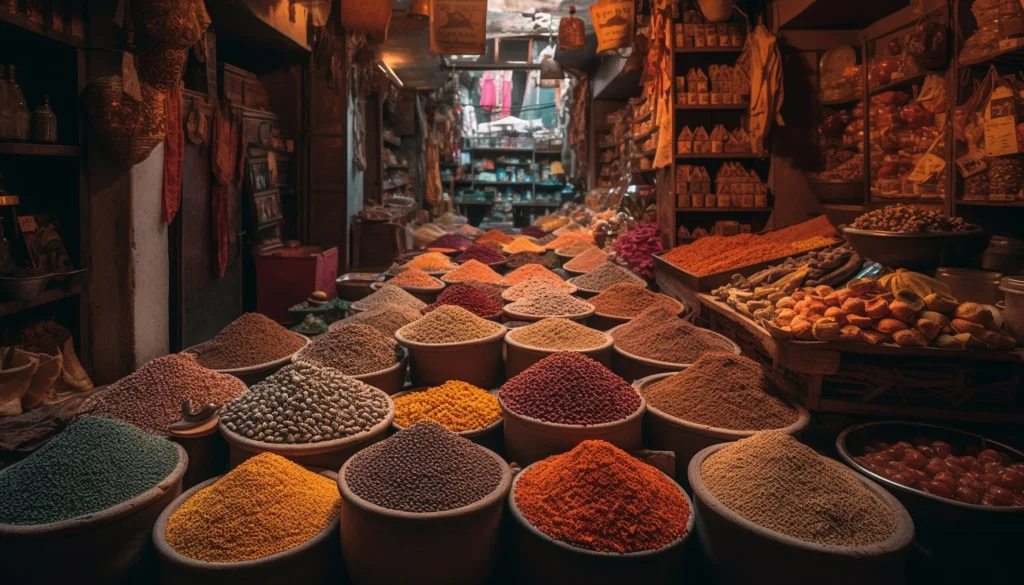In the realm of food and drug safety, India finds itself grappling with a multifaceted challenge. Poor regulation and inadequate monitoring, often compounded by corporate greed, have long been recognized as the primary adversaries in many developing nations. However, in recent years, the emergence of nationalist fervour, coupled with apprehensions about international reputation, has added another layer of complexity, further endangering the well-being of 1.4 billion citizens and a substantial overseas diaspora.

Nestle SA: A Repeated Offender
Nestle SA, having scarcely resolved a nine-year-old scandal involving Maggi noodles in India, now faces fresh allegations. According to a Swiss investigative group, certain baby-food products distributed by Nestle in Asia and Africa contain alarmingly high levels of added sugar, including samples of Cerelac baby cereal in India. Such revelations raise serious concerns about the safety standards upheld by the multinational corporation.
Spice Scandals and Regulatory Denials
Simultaneously, the discovery of unsafe levels of ethylene oxide in popular Indian spices, leading to bans in Singapore and Hong Kong, underscores broader issues of lax supervision and regulatory oversight. Despite international scrutiny and regulatory actions, Indian officials have vehemently denied any wrongdoing, asserting the country’s stringent standards, a stance contradicted by global regulators.
Challenges Extend to Generic Drugs
Beyond the realm of food safety, India’s dominance in supplying generic drugs globally presents its own set of challenges. Instances of mass poisonings, particularly among children, due to contaminated medication highlight the urgent need for stringent oversight and accountability measures within the pharmaceutical industry.
Nationalism Clouds Judgement
Notably, concerns regarding food and drug safety in India are often exacerbated by hyper-nationalistic sentiments, which obscure evident risks and impede constructive dialogue. The infamous Maggi crisis of 2015 exemplifies how nationalist fervor can overshadow factual evidence, leading to drastic measures and unwarranted repercussions for both companies and consumers.
Accountability and Regulation: Imperative for Progress
Addressing these systemic issues demands a multifaceted approach. Swift accountability, transparent communication, and proactive regulatory measures are essential to safeguarding public health and restoring trust in the food and pharmaceutical sectors. The recent intervention of the courts, admonishing companies for misleading claims and false assurances, serves as a crucial step towards ensuring adherence to ethical standards and consumer safety.
As India navigates the intricate landscape of food and drug safety, the imperative for robust regulations and vigilant oversight cannot be overstated. Only through concerted efforts to enforce stringent standards and hold accountable those who compromise public health can the nation fulfil its responsibility to its citizens and the global community.
